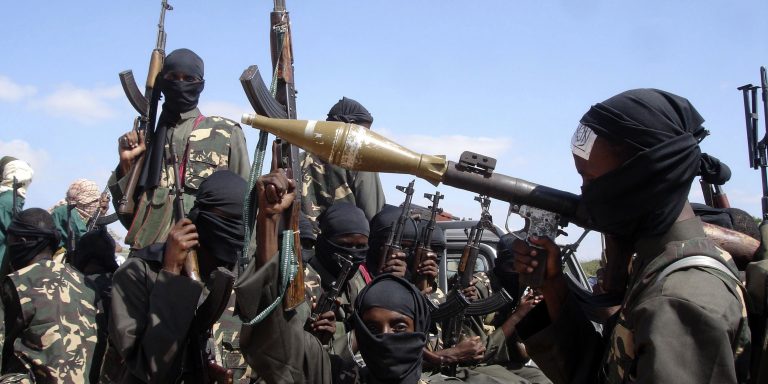INTELBRIEF
September 10, 2021
IntelBrief: Al-Qaeda’s Evolution Over the Two Decades Since September 11, 2001

Bottom Line Up Front
- In the aftermath of the U.S. withdrawal from Afghanistan with the Taliban seizing control, the country could very likely become an oasis for foreign fighters and a restored territorial base for al-Qaeda.
- While the Global War on Terror decimated al-Qaeda’s leadership and diminished its ability to attack the West, the organization has proven to be remarkably resilient and strategically adaptive.
- In the wake of the Arab Spring, al-Qaeda adopted and developed the franchise model, growing its membership by the tens of thousands and expanding its influence from West Africa to the Levant to South Asia.
- As al-Qaeda becomes better-positioned to regroup in its former base of operations in Afghanistan, the U.S. cannot afford to divorce counterterrorism from great power competition.
With the US withdrawal from Afghanistan and the subsequent Taliban takeover, questions arise about their relationship to al-Qaeda and the terrorist threat today. Two decades after 9/11, al-Qaeda remains diminished but not defeated. The terrorist group’s leadership and ability to target the West are weakened. Yet, the organization could be positioned for a comeback in the global Salafi-jihadist movement and amplify the Taliban’s brutal impact on civilians and communities, nullifying twenty years of progress on several fronts and in particular, by young Afghans who came of age in a post-9/11 era. While the Global War on Terror decimated al-Qaeda’s leadership and diminished its ability to stage large-scale attacks against the West, it also contributed to instability and insecurity around the world and al-Qaeda has proven to be remarkably resilient and strategically adaptive, moving from a hierarchical structure to a network embedded in several regions through its affiliates.
In the wake of the Arab Spring, al-Qaeda adopted the franchise model, growing its membership by the tens of thousands and expanding its influence from West Africa to the Levant to South Asia. It retained and reaffirmed an ideology that continues to resonate with recruits and supporters, one that exploited Western failures in the bleeding wars of attrition in Iraq and Afghanistan as well and challenged international actors from the Sahel to Southeast Asia. The future of al-Qaeda will depend on the extent to which it can replace talented leaders, capitalize on the U.S. diminishing its focus on counterterrorism abroad in order to shift focus to great power competition and domestic extremism, and exploit the geopolitical and local sectarian tensions on which it thrives.
With the Taliban now firmly in control of government and showing little inclination to demonstrate any change – evidenced by violence against minority groups in the provinces, away from the glare of news cameras in Kabul, beatings of journalists covering women’s protests and the appointment of individuals in high government positions that remain under sanctions - the country could very likely become an oasis for foreign fighters and a restored territorial base for al-Qaeda. This is particularly the case as the competition and tensions with ISK continue to rise, which could mobilize supporters. The United Nations will come under increasing pressure to deliver humanitarian and development assistance; however there will be complications in terms of doing this work where designated terrorist groups operate and sanctioned individuals are in government, raising fears of material support penalties and leaving national and international staff vulnerable to attacks. As Security Council members negotiate the new mandate for the UN Assistance Mission in Afghanistan (UNAMA) next week, a key consideration should be how the mission – and others like it – can manage terrorist risks. This question will be especially salient as states gather to review and negotiate the mandates for two key counterterrorism bodies at the UN, the Counter-Terrorism Executive Directorate (CTED) and the Al-Qaeda/ISIL Monitoring Team, later this Fall.
As al-Qaeda becomes better-positioned to regroup in its former base of operations in Afghanistan, the U.S. cannot afford to divorce counterterrorism from great power competition; the two remain interlinked, especially in Afghanistan and the region, and it is looking like Russia and China have already been able to reap dividends from the chaotic withdrawal of the US and its international partners. Beyond the security risks, the Taliban’s takeover and a resumption of terrorist activity bode ill for a civilian population that has been devastated by conflict and corruption, but where many have nonetheless sought to make great strides in terms of education, politics, the media, women’s rights and culture over the past two decades. As we join families and communities around the world, and in particular, in New York City, in commemorating the anniversary of the tragic attacks of September 11, 2001, we pay tribute to all those on the frontlines who tirelessly saved lives and sought justice for the perpetrators and victims.